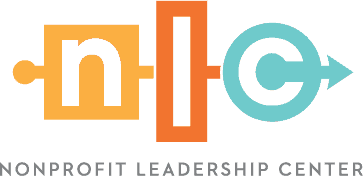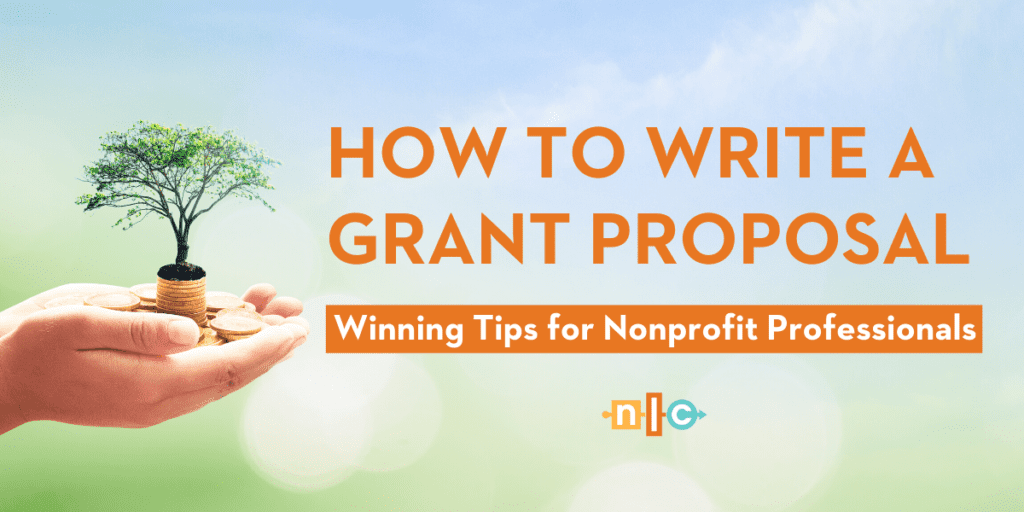You’ve identified a potential funder, and now your nonprofit needs to write a grant proposal that will win money for your organization to support your constituents and communities. These six tips for how to write a grant proposal will help you raise mission-critical revenue to continue your important work.
Before You Start Writing a Grant Proposal
1. Develop your key messaging to create your grant-focused case for support.
Your nonprofit may address complex social issues, but your goal as a grant writer is to explain your organization and its work as succinctly as possible. Albert Einstein once said: “If you can’t explain it simply, you don’t understand it well enough.” Before you write a grant proposal, work with your team to clarify your message.
In as few words as possible, answer these pivotal questions:
- What need does your organization or program address?
- How do you approach the need?
- Why is your way the best way to address the need?
- How will you measure and report your outcomes?
- How much money do you need from the funder, and what will you do with it?
This is your central grant language. A winning grant proposal should consistently highlight this messaging.
2. Research the need.
Before you write a grant proposal, gather relevant research, local and national news articles and stories from the communities you serve to answer these questions:
- Why do you support the population you serve?
- Why do you use your designated approach with this particular population?
- What research exists to validate your approach?
- Is the problem your organization focuses on growing/changing?
- If you weren’t solving this problem, what would happen?
Writing a grant proposal during uncertain times or amid a pandemic? WATCH THIS VIDEO to understand how to tackle unique needs.
3. Look for inspiration.
While excellent grant writing requires many facts and statistics to build your case, it’s also important to write from your heart. Your goal is to touch the funder’s mind, heart and wallet. Computers aren’t yet analyzing your grant proposals; people with emotions are. Look for inspiring stories within your organization and incorporate emotional language to share with the funder.
Once You Start Writing Your Grant Proposal
4. Use the funder’s preferred format.
Use the funder’s preferred format to tell your story. Some funders want a write-your-heart-out letter while others request that you fill out a formal application form.
Regardless of their format, find a way to incorporate your central grant language. Then paint a picture of the need using additional data and stories. Answer the funder’s questions through these lenses and use the funder’s language as much as possible in your application.
5. Remind the funder of how you can help them accomplish their goals.
Does this funder want to eradicate homelessness? Improve kindergarten readiness? Ensure the adoption of animals? Reduce health disparities?
Know what problems they want to solve and be clear and concrete about how your organization can help them reach their goals.
6. Don’t overlook the details.
Answer application questions thoroughly. Proofread. Ask for an appropriate amount of money. Submit the proposal on time. Don’t miss an opportunity for critical funding because you forgot to focus on the small stuff.
In summary, grant writing can be a complex, frustrating, and yet, rewarding process. These tips for how to write a grant proposal will get you started on a successful path and serve as a basis to grow your grant writing skills.
Earn Your Certificate in Grant Writing
If you’re new to grant writing and want to learn how to apply for a grant with excellence, earn your Certificate in Grant Writing. Through this interactive series, you’ll learn how to succeed in today’s competitive grant writing environment.
Specifically, you will …
- Understand how to apply for a grant and create successful proposals
- Learn how to write a grant narrative and articulate measurable and reliable outcomes
- Get hands-on experience to develop budgets and identify funding resources
- Be prepared for what to do after receiving a grant award
- Receive individualized feedback from local grant professionals
- Meet others in our nonprofit community who you can network and problem-solve with
- Invest in your professional development to position yourself for long-term success as a nonprofit leader
See All Upcoming Nonprofit Learning Opportunities
From grant writing and fundraising to board governance, marketing communications, HR and leadership, we offer nearly 100 nonprofit training courses and learning opportunities.


